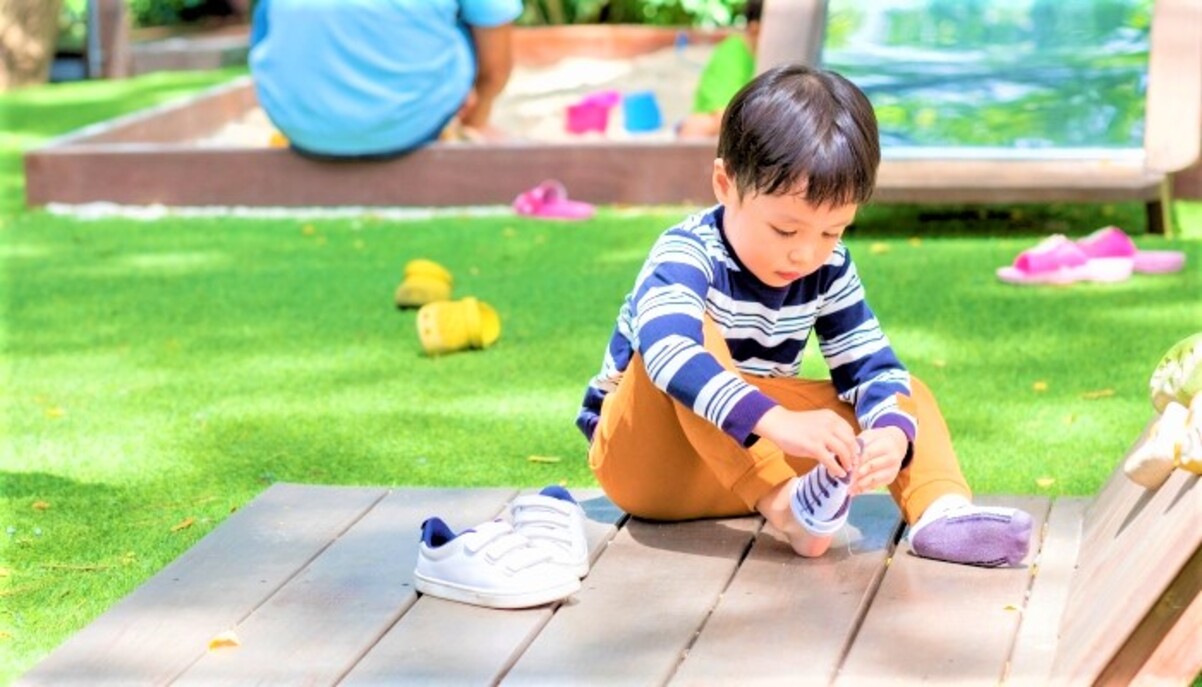[adinserter block=”1″]
You will treasure your experience as a mother for the rest of your life. The daily occurrences are what make being a mother so unique. Being a mother is unique because it requires nurture. Being your best self is not always simple, but being a mother comes with many responsibilities.
The Different Types of Nurture
The first act of nurturing is feeding your baby from your breast or a bottle. However, it’s interesting to note that while all that is happening, components of nurture also take place. There is a soft touch, adoring voices, eye-to-eye contact, and delicious food to taste, and while we moms enjoy the delightful perfume of our babies, there is no question that our babies also want the aroma of our mothers!
And the variety of nurture increases as they mature. Care, love, time spent together, concern, openness, undivided attention, tenderness, appropriate physical proximity, gift-giving, and encouraging words—these and other things.
[adinserter block=”1″]
Nurture’s Influential Elements: Amazing Gifts
Usually, your mother’s instincts help kids’ lives have that nurturing component. Although it is frequently overlooked, it is an integral part of your ability to support your child’s development.
Just a handful of the nutritional components are listed below:
Offering hugs
“According to a study conducted in 2015 involving 404 healthy people, researchers from Carnegie Mellon University studied the impact of perceived social support and the delivery of hugs on the participants’ susceptibility to developing the common cold after being exposed to the virus,” according to the US News website. The article said, “Even among those who caught a cold, those who felt more social support and received more hugs had fewer severe symptoms.”
Therapy using hugs is underutilized, and they are also liberated and instantly make people smile and ease stress. As this research demonstrates, hugs can improve your health.
The human touch has great power. The power of communication—or, more precisely, the lack of contact—was revealed by studies of children raised in Russian and Romanian orphanages throughout the previous century. While their fundamental bodily needs were met, these kids were starved of physical human touch and kept in their cribs for extended periods.
[adinserter block=”2″]
[adinserter block=”1″]
The study discovered that children’s brains undergo unfavourable and persistent modifications without physical nurturing. According to research, if children have more loving mothers in their lives, their brain size may expand by up to 10%. That is very important! According to more recent research, the more physical affection kids receive, the brighter they will become. Therefore, the concept of nurturing is crucial, possibly even the basis of a happy and successful reality.
With infants, we excel at providing physical contact. However, as newborns grow into toddlers, toddlers begin school, and then, all of a sudden, they are pre-teens, it can quickly lose its significance. Even for older children, the importance of physical contact is unwavering. Don’t be like me, who discovered one day that I hardly ever gave hugs to my daughter, who is ten years old. It would help if you remembered to provide kids of all ages with daily, healthy, and appropriate physical contact.
[adinserter block=”3″]
[adinserter block=”1″]
Listening
It’s simple to ignore the words that our children’s tiny voices are saying to us. But listening is a terrific method for a child to feel loved and appreciated. In actuality, it extends beyond young toddlers. Additionally, giving your teenagers—and even your older children—your undivided attention will show them that you value them and are aware of their concerns. For them, their primary relationship is with you, and investing in it is crucial.
One thing to keep in mind is that talking usually means listening! Although it may seem obvious, you may be surprised at how much you talk rather than listen. And before you know it, you’ve veered off-topic, the speaker’s worth has diminished like a stale balloon, and the original message has been forgotten. Instead, pay attention to the speaker, pause to listen, and make eye contact. It completely alters everything.
[adinserter block=”4″]
[adinserter block=”1″]
Perceiving emotions
Have you ever experienced a sense of invisibility? Like an invisible schoolgirl from The Princess Diaries with Anne Hathaway?
Believing that nothing you say or do is noteworthy can be demoralizing. Children don’t feel appreciated if their sentiments are dismissed as unimportant or unworthy of consideration. And recall how Amelia from The Princess Diaries developed when someone noticed her?
Thus, paying attention to and respecting your child’s sentiments is essential. They may feel depressed or dissatisfied, but at least they know that the burden is shared. And it’s a lot less isolating there.
[adinserter block=”5″]
[adinserter block=”1″]
VALUES INDIVIDUALITY
Have you ever felt as though an older sister was watching over you? I did. My two older sisters are also accomplished musicians, so I’ve always felt pressured to be. Maybe for that reason, I graduated from high school with a straight Science/Math degree. At least then, there was no comparison to be made! I continued my education by earning an Applied Science degree rather than becoming a teacher like all three of my sisters.
Similarly, respecting and appreciating your kids for who they are as people is crucial and gives them space to understand their individuality and forge their own pathways.
[adinserter block=”2″]




